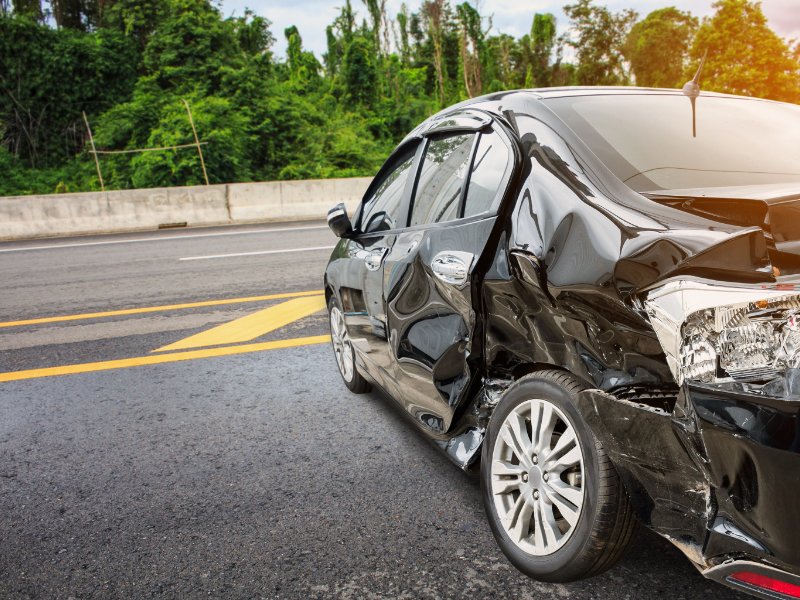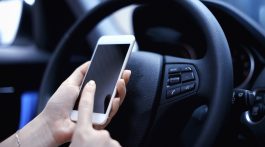If you operate a motor vehicle, it’s important to know the traffic laws in your state. Use the guide below to stay updated on your knowledge of Washington driving laws and avoid potential lawsuits.
Driver Insurance Requirements
Before you can register a motor vehicle in Washington State, you must obtain proof of financial responsibility. This most commonly takes the form of motor vehicle insurance but can also refer to self-insurance, a certificate of deposit or a liability bond. The required automobile insurance in Washington is $25,000 per person and $50,000 per accident in bodily injury liability insurance and $10,000 in property damage insurance. Uninsured and underinsured motorist insurance is automatically included on a policy, as well, but can be rejected in writing if desired.
Accident Liability
When determining financial responsibility, or liability, for a car accident in Washington state, the state uses a fault-based law. This means that the driver or party most at fault for causing a crash has to pay, normally through his or her automobile insurance. If both parties contributed to the car accident, Washington uses a comparative negligence law (Revised Code of Washington [RCW] Section 4.22.005). This law states that any amount of fault contributed to the claimant will diminish his or her financial recovery proportionately. However, it will not bar financial recovery entirely.
Traffic Laws
There are many traffic laws in Washington state that drivers and road users – including bicyclists and pedestrians – must obey. These traffic laws help to keep order on the road and prevent collisions. They include typical traffic laws that exist in all 50 states, such as rights-of-way and speed limits. They also include laws that are specific to Washington.
Seat Belt Law
According to RCW 46.61.688, every person 16 or older who is driving or riding in a motor vehicle must wear a seat belt. If the passenger is under the age of 16, the parent or guardian must ensure that the child is wearing a seat belt or securely fastened into the correct child restraint device.
Texting and Driving Law
It is against the law in Washington State to use a personal electronic device while operating a motor vehicle (RCW 46.61.672). This includes texting, making phone calls, getting on social media, and taking photos or videos. “Using” a cell phone means holding it in one or both hands, using a hand or finger to transmit electronic data, and watching a video.
Distracted Driving Law
In addition to the cell phone law, Washington State also has a law specifically addressing distracted driving. The Revised Code of Washington 46.61.673 states that to drive dangerously distracted is a traffic infraction that is penalized with a fine of $30. This offense is described as engaging in any activity that is not related to the operation of the motor vehicle in a way that interferes with the safe operation of said vehicle on any highway.
Helmet Laws
It is unlawful for any person to operate or ride upon a motorcycle, moped or similar vehicle without wearing a motorcycle helmet (RCW 46.37.530). Although wearing a helmet is smart for cyclists and can prevent serious head and brain injuries, Washington does not have a universal law requiring the use of bicycle helmets. However, there may be a municipal law in your city that states otherwise.
Statute of Limitations
Washington State has a statute of limitations (RCW 4.16.080) that limits the amount of time a claimant has to file a civil cause of action. For a personal injury lawsuit, the statute of limitations is three years – either from the date of the accident or the date that the victim discovered or reasonably should have discovered his or her injuries, whichever comes later.
Reporting an Accident
In Washington, a driver involved in a car accident that results in injury or death to any person or property damage equal to or greater than $1,000 must report the accident within four days (RCW 46.52.030). Reporting a car accident typically means calling 911 from the scene, filing a collision report with the Washington State Patrol and/or notifying the Department of Licensing.




No Comment